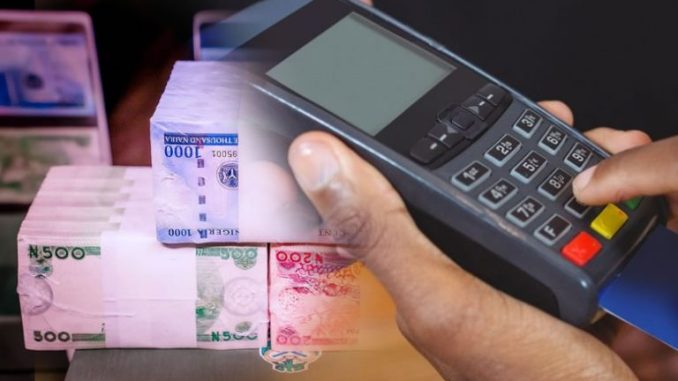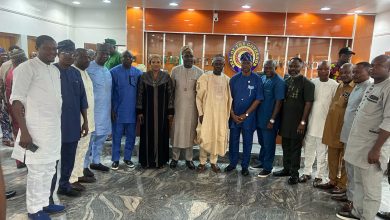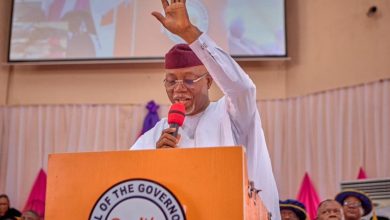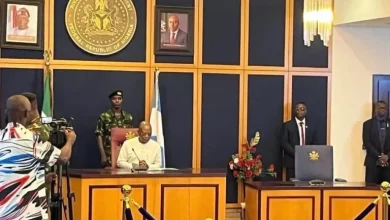FG Restarts Cash Transfer Scheme To Nigerians

The Federal Government says 600,000 households have been paid so far as it resumed its direct cash transfer scheme.
This is according to a statement by the Director of Information and Public Relations at the Ministry of Finance Mohammed Manga.
He said the Finance Minister and Coordinator of the Economy Wale Edun revealed this on Thursday in his office in Abuja during the half-year review Ministerial Press Briefing with the theme: Economic Recovery and Growth: Progress and Prospects 2024.
“Edun emphasised the President’s commitment to the welfare of ordinary Nigerians and the Government’s efforts to ensure transparency and accountability in its social protection initiatives including but not limited to the acceleration of the direct benefit transfer programme that has now been restarted following an initial pause of the programme to improve transparency in its delivery,” the statement read.
“He mentioned that, following the resumption of payments, over 600,000 households have already received this direct transfer this week.”
READ THE FULL STATEMENT BELOW
PRESS RELEASE
ECONOMY STABILISING AND POSITIONING FOR GROWTH, FG EXITS WAYS AND MEANS BORROWING MECHANISMS
The Federal Government has disclosed that it has made significant strides in its economic reforms, well on its way to achieving a step-change in the revenues of the Federal government; closely in line with the budget for 2024. The Federal Government also announced its exit from the Ways and Means borrowing mechanism.
The Honourable Minister of Finance and Coordinating Minister of the Economy, Mr. Wale Edun stated this today in his office in Abuja during the half-year review Ministerial Press Briefing with the theme: Economic Recovery and Growth: Progress and Prospects 2024.
He highlighted successes of the Government’s reforms, citing a projected budget deficit of 4% in the 2024 Fiscal Year. He also acknowledged the temporary hardships caused by the reforms but assured that Nigerians would soon benefit from the expected outcomes as the well coordinated economic policies of the Federal Government are beginning to yield results as shown in the slowing in the rate of growth of inflation, increasing foreign investments relative to the same period in the previous year, amongst other positive fiscal yardsticks that are being noted.
The Minister informed that one of the major priorities of the President Bola Ahmed Tinubu-led Administration in the immediate term is to reduce food prices and focus on providing all the necessary support to increase local food production, given the impact of high food prices on inflation. He noted that efforts are underway to achieve this goal.
Edun emphasised the President’s commitment to the welfare of ordinary Nigerians and the Government’s efforts to ensure transparency and accountability in its social protection initiatives including but not limited to the acceleration of the direct benefit transfer programme that has now been restarted following an initial pause of the programme to improve transparency in its delivery. He mentioned that, following the resumption of payments, over 600,000 households have already received this direct transfer this week.
As part of efforts to further improve foreign exchange liquidity and to showcase the resilience of the Nigerian financial system as economic stability takes root, the Minister also announced plans for the Federal Government to issue domestic USD denominated securities of up to US$500 million, in the first instance to attract investment from Diaspora Nigerians and Nigerians with savings held abroad.
Edun acknowledged the Supreme Court’s judgment on direct payment of federation allocations to Local Government Councils, and reiterated the Government’s commitment to implementing the judgement .
The Minister affirmed that with the outcome of the first half of 2024, indeed the Nigerian economy is turning the corner; and with macro-economic stability, the economy is being well positioned for sustained and inclusive growth that creates jobs, lifts millions out of poverty, and drives domestic and foreign investments that would improve the general well-being of the average Nigerian.






